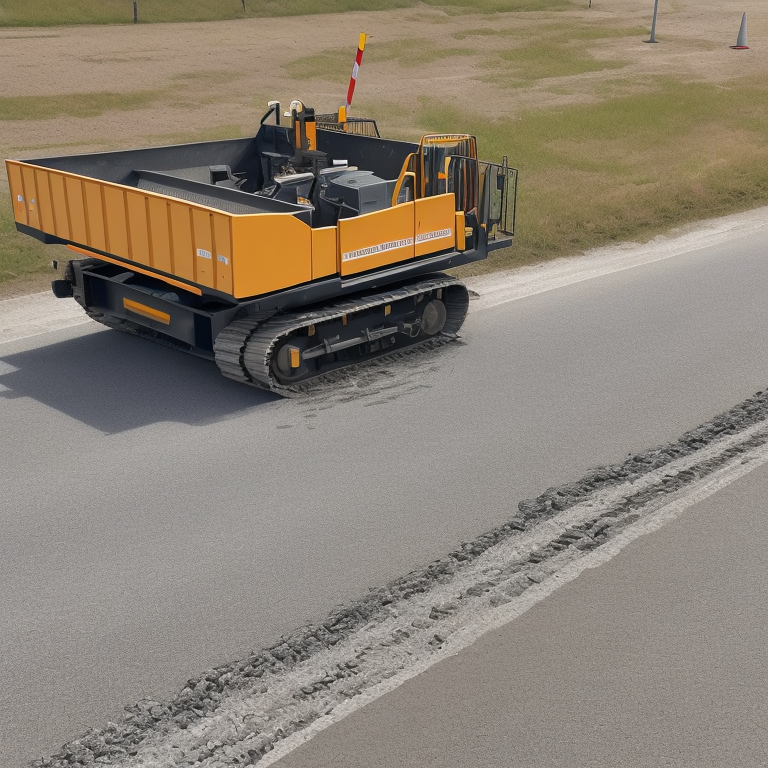Sloane is an accomplished rock climber, backpacker, cyclist, and skier. He has climbed rocks all over the world, including in Yosemite National Park and on Mount Kilimanjaro. He enjoys backpacking and cycling through beautiful landscapes, and skiing down challenging slopes.

Road milling teeth, often overlooked, play a crucial role in asphalt and concrete projects. They are the backbone of the road construction and repair industry, facilitating efficient and precise milling of road surfaces. This article explores their importance, versatility, and various benefits that make them an indispensable tool in construction and infrastructure improvement projects.
Features and Types:
The market is teeming with various types of road milling teeth, each designed to serve a specific purpose and cater to different needs. Flat teeth, for example, are best for asphalt and concrete surfaces, known for their durability and strength. Their sharp and rugged design makes them ideal for long and demanding projects. Point-attack teeth, on the other hand, are suited for compact and hard surfaces. Their unique point structure allows for a cleaner and deeper cut.
Each type comes with distinct features and specifications. Factors such as size, cutting width, number of carbide tips, and material type significantly contribute to their overall effectiveness in asphalt and concrete milling. A better understanding of these types and features is key to choosing the right teeth for your project.
Benefits of Road Milling Teeth:
Enhanced Efficiency:
Road milling teeth streamline asphalt and concrete milling operations by offering quick and efficient removal of old and damaged road layers. This leads to improved workflow, reduced downtime, and increased productivity.
Precision and Accuracy:
The superior design of road milling teeth ensures precise and accurate milling results. They deliver consistent performance even in complex and challenging situations, ensuring high-quality outcomes.
Cost-Effectiveness:
While the initial investment in road milling teeth might seem significant, their durability, high wear resistance, and longer operational life make them cost-effective in the long run. Properly maintained teeth can reduce the need for frequent replacements, leading to significant savings over time.
Versatility:
Whether it’s a smooth asphalt road or a rough concrete surface, road milling teeth demonstrate exceptional versatility. They can handle various road surfaces and conditions, thereby enabling smoother and efficient operations.
Reduced Environmental Impact:
Road milling teeth help minimize the environmental impact of road milling operations. By facilitating accurate milling, they reduce wastage and debris. Furthermore, many of today’s milling teeth are made from recyclable materials, contributing to sustainability efforts in the construction industry.
Real-Life Performance:
The effectiveness of road milling teeth is not merely theoretical but validated by numerous professionals and success stories. For instance, a road construction company in California reported a 30% increase in productivity after switching to high-quality road milling teeth. They also noted improvements in project quality and significant time savings.
In another case, a Michigan-based asphalt company praised the durability and precision of road milling teeth, stating that their improved efficiency led to cost reductions and increased customer satisfaction.
Conclusion:
Road milling teeth, with their remarkable versatility and manifold benefits, have proven to be game-changers in the construction industry. They not only enhance operational efficiency and accuracy but also contribute to environmental sustainability. In conclusion, investing in high-quality road milling teeth can significantly improve project outcomes, saving both time and resources in the long run. Their vital role in paving the way for better roads and improved infrastructure cannot be overstated.
